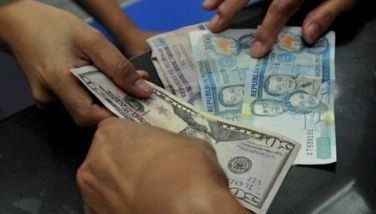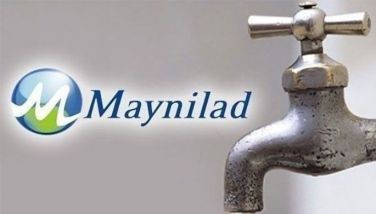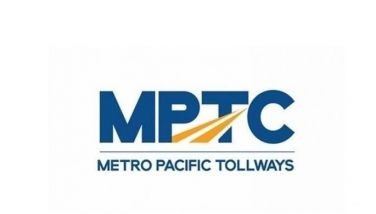AMLC may legalize ‘hawala’
June 25, 2003 | 12:00am
The Anti Money Laundering Council (AMLC) is considering the possibility of legalizing the so-called "hawala" system of dollar remittance, a cheap and unregulated but unsecured system often preferred by overseas Filipino workers.
"Hawala is an Arabic term for courier or delivery services like door-to-door and the "padala" sytstem.
Informal dollar remittance methods have been under the watch of the Paris-based Financial Action Task Force (FATF), fearing that because they are unregulated in most territories, they could be a channel for transferring drug money and terrorist funds.
According to the AMLC, the recent meeting of the FATF’s Asia Pacific Group (APG) had singled out the hawala system in looking for ways to curb the flow of money through unmonitored channels.
AMLC executive director Victor Aquino said there is no clear estimate of how much fund go through the hawala system but he said the common belief is that "hundreds of million of dollars worth of transactions" were being coursed through hawala.
"The APG thinks that the frequency of transaction is staggering," said Aquino. "This isn’t surprising because hawala is cheaper, there is no processing, its unrecorded and its totally untaxed."
According to Aquino, legislation is needed to deal with hawala and other informal remittance services but the ultimate goal, if it could not be stopped, is to legalize the practices.
"If we cant stop hawala, then we can legalize it so we can regulate it," Aquino said.
Without legislation, Aquino said the extent of the government’s efforts at dealing with hawala operations is to make it an unattractive option to OFWs and other legitimate users that utilize it as a means of transferring funds.
"We can encourage the legal financial institution to lower their cost in order to become competitive with the hawala," Aquino said. "If the formal system is cheap enough, it would far outweigh the other benefits of the hawala since funds transferred through the formal system is more secure."
Aquino said the AMLC could also take advantage of business and mayor’s permits being issued to hawala operators to at least require them to report the volume of transactions that pass through the system.
"Since business permits and mayor’s permits are a form of licensing, we can probably use them to impose more requirements on hawala operators," Aquino said.
In the meantime, Aquino said the AMLC and the Philippine Drug Enforcement Agency (PDEA) are close to signing a memorandum of understanding (MOU) that would facilitate cooperation between the two agencies in order to combat money laundering and drug trafficking.
"Hawala is an Arabic term for courier or delivery services like door-to-door and the "padala" sytstem.
Informal dollar remittance methods have been under the watch of the Paris-based Financial Action Task Force (FATF), fearing that because they are unregulated in most territories, they could be a channel for transferring drug money and terrorist funds.
According to the AMLC, the recent meeting of the FATF’s Asia Pacific Group (APG) had singled out the hawala system in looking for ways to curb the flow of money through unmonitored channels.
AMLC executive director Victor Aquino said there is no clear estimate of how much fund go through the hawala system but he said the common belief is that "hundreds of million of dollars worth of transactions" were being coursed through hawala.
"The APG thinks that the frequency of transaction is staggering," said Aquino. "This isn’t surprising because hawala is cheaper, there is no processing, its unrecorded and its totally untaxed."
According to Aquino, legislation is needed to deal with hawala and other informal remittance services but the ultimate goal, if it could not be stopped, is to legalize the practices.
"If we cant stop hawala, then we can legalize it so we can regulate it," Aquino said.
Without legislation, Aquino said the extent of the government’s efforts at dealing with hawala operations is to make it an unattractive option to OFWs and other legitimate users that utilize it as a means of transferring funds.
"We can encourage the legal financial institution to lower their cost in order to become competitive with the hawala," Aquino said. "If the formal system is cheap enough, it would far outweigh the other benefits of the hawala since funds transferred through the formal system is more secure."
Aquino said the AMLC could also take advantage of business and mayor’s permits being issued to hawala operators to at least require them to report the volume of transactions that pass through the system.
"Since business permits and mayor’s permits are a form of licensing, we can probably use them to impose more requirements on hawala operators," Aquino said.
In the meantime, Aquino said the AMLC and the Philippine Drug Enforcement Agency (PDEA) are close to signing a memorandum of understanding (MOU) that would facilitate cooperation between the two agencies in order to combat money laundering and drug trafficking.
BrandSpace Articles
<
>
- Latest
- Trending
Trending
Latest
Trending
Latest
Recommended
January 13, 2025 - 12:00am

























